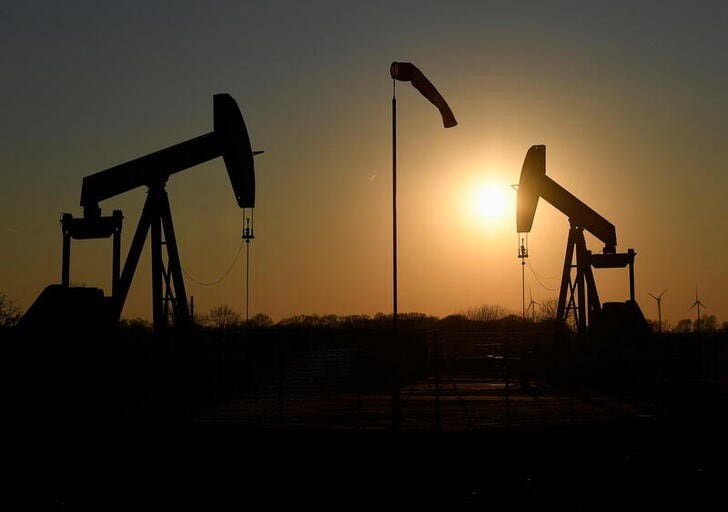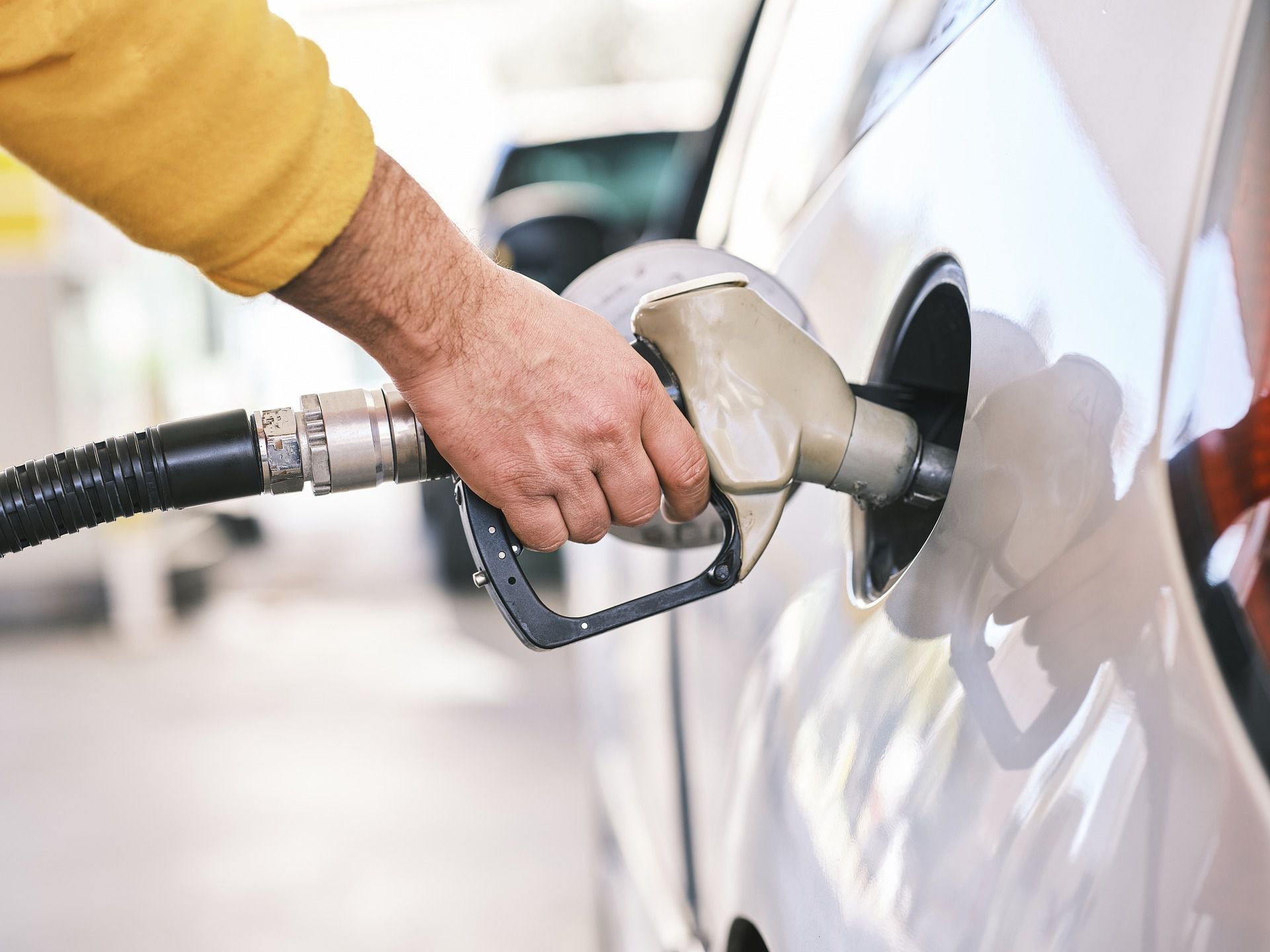
According to a BBVA Research report, the conflict between Russia and Ukraine will lead to lower economic growth and higher inflation, as the impact on commodity prices, as well as energy products, could mainly affect public revenues and consumer prices.
This is reflected in high oil prices and international prices, which, while helping public finances, lead to the elimination of revenue from the Excise Tax on Production and Services (IEPS) for gasoline and diesel, as a response by the federal government to the increase in prices in the market international.
In this way, the increase in the prices of energy products would directly affect consumer prices. According to BBVA Research, should the federal government continue to resist allowing price increases for gasoline nationwide, the collection by IEPS “could even be negative in the coming months.”
The report indicates that, should there be a 33% increase in international prices for conventional gasoline, it would have an impact on the collection by IEPS of -78.2% at a quarterly rate. This increase, in turn, would lead to a quarterly reduction of 81.7% during the following quarter.

Thus, taking into account the experience of the so-called “gasoline” (January 2017), BBVA Research estimates that the administration of Andrés Manuel López Obrador will avoid a greater inflationary impact in 2022, “but at the cost of a significant public subsidy for gasoline consumption,” he warned.
In that year (2017), annual inflation was 6.9%, lower than that recorded in 2021, which was 7.36%. The 12.7% monthly increase in energy prices in January 2017 “was one of the main factors that influenced the monthly increase in general inflation of 1.7%,” indicated the economic analysis Impact of Gasoline on IEPS and consumer prices.
It should be remembered that the IEPS is the tax paid for the production, sale and import of certain products, such as beer, tobacco, soft drinks and fuels, for example. One of the measures taken by the federal government to ensure that fuel prices do not affect the pocket of Mexicans is the elimination of that tax.

On Tuesday, March 22, the Mexican government reported that the fiscal stimulus on the IEPS for fuels will remain at 100% until March 25, which applies to regular gasoline, premium and diesel. In this way, for each liter of magna gasoline, approximately 5.49 pesos and 6.03 pesos for diesel would be saved.
If the federal government did charge the IEPS, the average gasoline prices (as recorded by the Federal Consumer Attorney's Office) would be 27.80 pesos for la magna, 27.80 pesos for premium and 29.13 pesos for diesel.
For his part, President Andrés Manuel has maintained his stance on international pressure for the increase in oil, and has assured that fuel prices, as well as of gasoline and diesel, will not increase, as with electricity.
KEEP READING:
Últimas Noticias
Debanhi Escobar: they secured the motel where she was found lifeless in a cistern
Members of the Specialized Prosecutor's Office in Nuevo León secured the Nueva Castilla Motel as part of the investigations into the case

The oldest person in the world died at the age of 119
Kane Tanaka lived in Japan. She was born six months earlier than George Orwell, the same year that the Wright brothers first flew, and Marie Curie became the first woman to win a Nobel Prize

Macabre find in CDMX: they left a body bagged and tied in a taxi
The body was left in the back seats of the car. It was covered with black bags and tied with industrial tape
The eagles of America will face Manchester City in a duel of legends. Here are the details
The top Mexican football champion will play a match with Pep Guardiola's squad in the Lone Star Cup

Why is it good to bring dogs out to know the world when they are puppies
A so-called protection against the spread of diseases threatens the integral development of dogs




